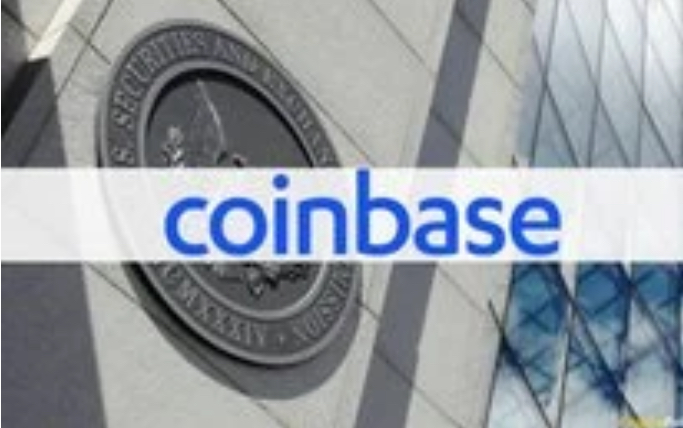The US regulator believes Coinbase is trying to ignore the Howey test, used to determine which assets are classified as securities.
The United States Securities and Exchange Commission has issued a response to Coinbase’s recent filing, in which it claims that the exchange made a “calculated decision” to act as an unregistered securities intermediary.
The company filed to dismiss the SEC’s charges back in June.
The agency launched a full-on legal operation against two of the behemoths of the crypto industry in early June when it filed consecutive lawsuits against Binance (and its US affiliate) as well as Coinbase.
The latter responded swiftly by filing a request to dismiss all charges just a few weeks after the lawsuit.
In it, the exchange argued that the SEC had already greenlighted its business model back in 2021 when it allowed Coinbase to become a publicly-traded company.
The company has reiterated multiple times its attempts to open positive regulatory dialogues with the US watchdogs, but to no avail so far. It even asked the SEC to provide more clarity on its regulatory policies toward cryptocurrencies, but the agency is yet to respond.
However, the SEC responded to Coinbase’s request to dismiss the charges on Friday, July 7. The filing reads that “Coinbase’s own actions belie” its argument “it was unaware that its conduct risked violating the federal securities laws.”
The Commission further claims that the exchange has warned its shareholders “repeatedly” since getting listed on NASDAQ of the risk that “the crypto assets traded on its platform could be deemed securities and therefore that its conduct could violate the federal securities laws – including in the very registration statement it now points to as proof that the SEC supposedly blessed its conduct.”
The filing also reads that Coinbase has decided to ignore “more than 75 years of controlling law under Howey,” and hade made two “flawed arguments” in its request for dismissal:
“(1) An investment contract must be or include a formal, common law contract, or (2) even if a crypto asset is considered an investment contract when it is first offered and sold by an issuer, that same asset cannot be an investment contract when traded between non-issuers on a platform like Coinbase’s because secondary market transactions not involving its issuer are merely “asset sales.” Both arguments are wrong,” said the SEC.

